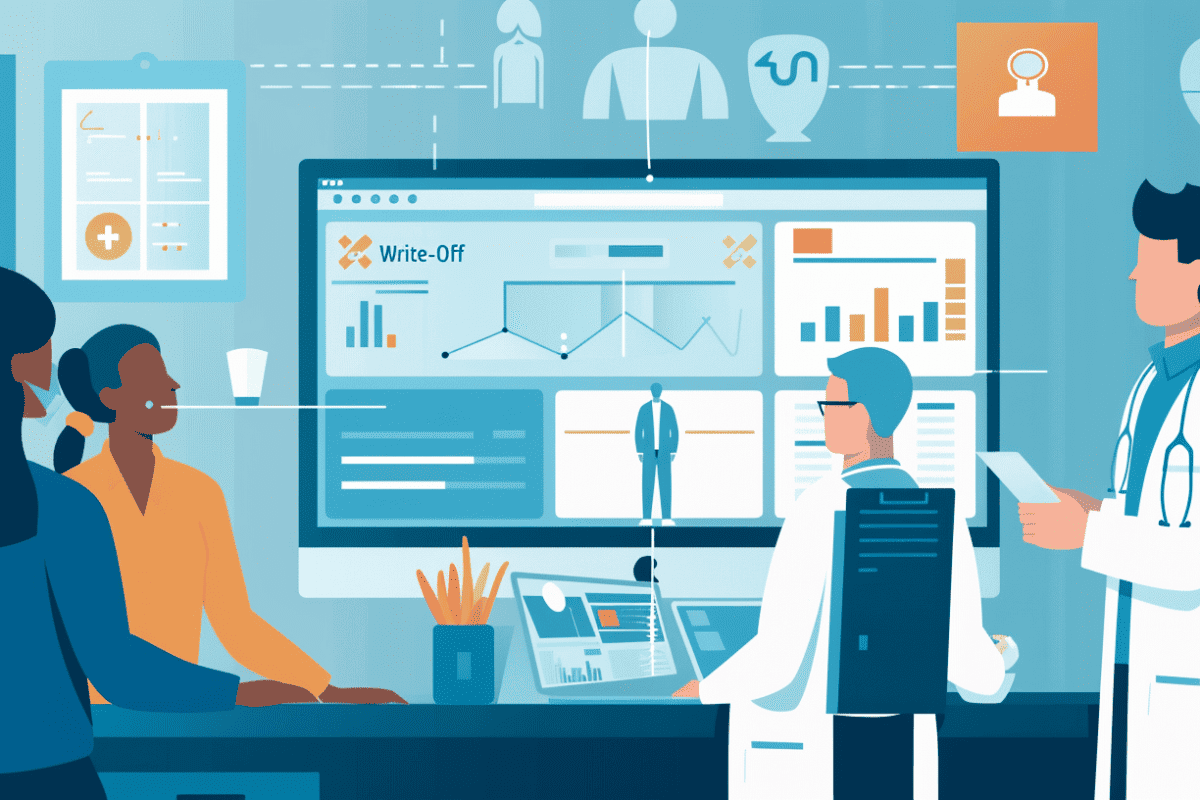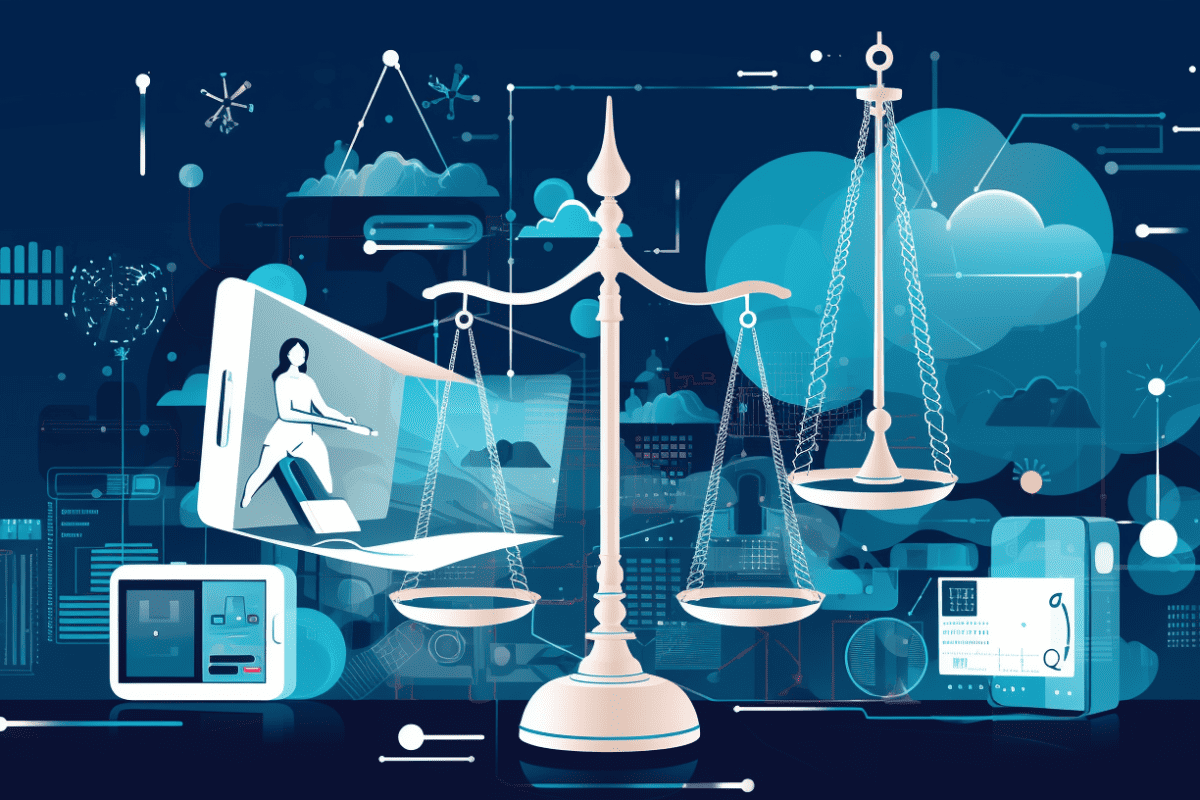The importance of digitization has been pretty well understood for quite a while now, but some businesses and industries are still hesitant to go through it. The healthcare industry is one such example, but given the security threats technology poses, it’s quite understandable.
With advancements in software and server security, healthcare can now fully take advantage of digitization. It should be realized that healthcare is a trillion dollar industry spread over hospital care, clinical services, nursing homes, home healthcare, medications, research and development, and if they take advantage on such advancements mixed with proper marketing of the healthcare services, it can double, or even triple the amount they’re getting.
Needless to say, there is a lot of room for digitization in healthcare. That’s not to say that there isn’t any digitization in healthcare – patient management is already being enhanced by technology.
A few vocal healthcare professionals resist the new wave of technology and healthcare, but those who are quick to inculcate technology into their practice possess a definite advantage over the competition.
Better Doctor-Patient Coordination
Digitization makes it easier for patients to maintain a history. Gone are the days when you had to maintain a physical file on every doctor’s appointment. Medical history is critical in emergency situations when a physical copy may not be available. In this case, digitization helps by keeping the doctors informed about the patient’s medical history in every situation.
As a patient, you can create and maintain a digital file on your medical history, upload it to a cloud service and share it with the people or doctors you want. Of course, this does require a bit of effort to maintain as well as technical know-how but it certainly pays off in emergency situations.
Automate Administrative Tasks
In the US, administrative expenses account for more than a quarter of total hospital expenditure. This is higher than any other first-world country. An even more alarming statistic is that doctors spend less than a third of their time attending to patients. Most of their time is instead, ‘spent’ on various administrative tasks. Doctors can spend up to one-third of their time simply entering patient notes into electronic health records system.
Obviously, this is not a very efficient system and a physician’s time is precious commodity. Digitization can come into its element here and do what computers are known for – task automation. Advanced artificial intelligence (AI) systems can be implemented which provide prescription advice and reminders.
Based on the stats alone, it’s quite apparent that administrative tasks are a big hurdle to physician productivity. Automating these tasks will reduce their burden on physicians and clinical staff, allowing them to focus on treating patients.
Communication Between Multiple Physicians
Unfortunately, some patients have medical conditions that require them to seek the help of different specialists. It is of utmost importance that the different specialists maintain a constant stream of communication to design the overall best medical plan for the patient.
Conflicting medications, for example, can lead to complications but with a system in place that keeps all the specialists in the loop, they can devise a medication plan that won’t have any conflicts within it.
With the help of constant information sharing, the specialists will also know what’s working and where progress is being made. This is not a rare scenario and this is an area where digitization can definitely assist doctors in doing their effectively and efficiently.
Data Security
Digital data is always at risk of malicious attacks, but that’s not to say that physical files are completely impervious. There is always the possibility of losing medical records to unexpected situations such as natural disasters (earthquakes, flooding) or negligence.
With an expertly-devised digital data storage system, these factors can be taken out of the equation for medical records. Not only that, but these records can be accessed anywhere by authorized personnel, ensuring timely availability should a need arise. Appropriate fail-safe measures will ensure that the data will stay intact and not be affected by negligence, natural disasters and so on.
Real-time Health Information
Smartphones and wearables are immensely popular pieces of hardware these days which can also been used while you are on your Hydrow rower for instance, and they’re becoming ever more capable. Modern smartwatches can monitor heart rate, count the number of steps you take, and even take an ECG. This makes them tremendously useful not just for everyday users, but their doctors as well. Imagine a patient wearing a smartwatch that is constantly transmitting their health data online.
The doctor can setup a ‘trigger’ for when a certain condition is met (for example heart rate goes above a certain threshold) so they can act fast. In this day and age, doctors can act proactively and keep something unfortunate from happening simply through real-time data monitoring.
Junie Rutkevich
Junie Rutkevich is an independent author who has contributed helpful articles in Lifehack, Engadget and TempeOp. She also wrote a book about Healthy Eating Habits and is available on Amazon.



